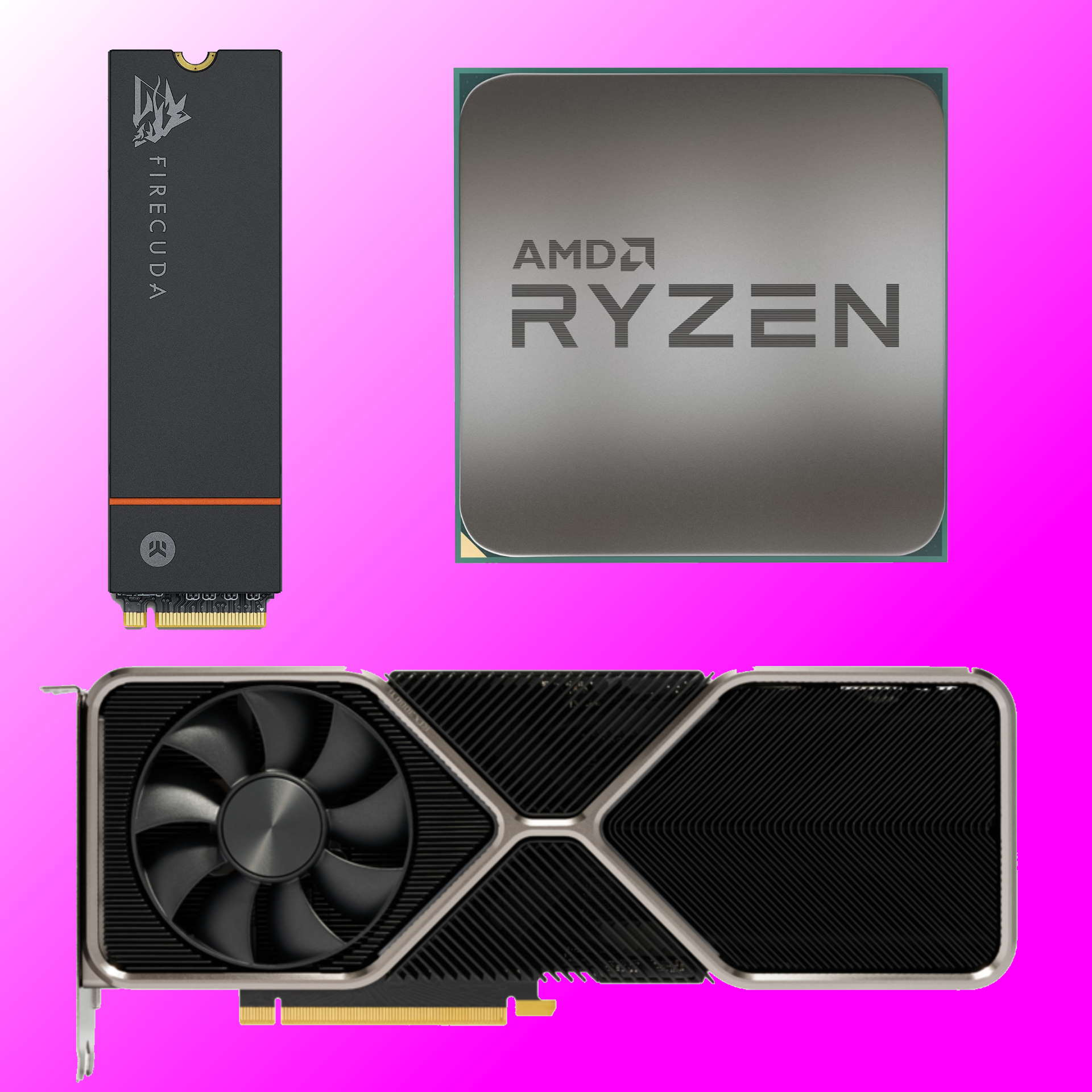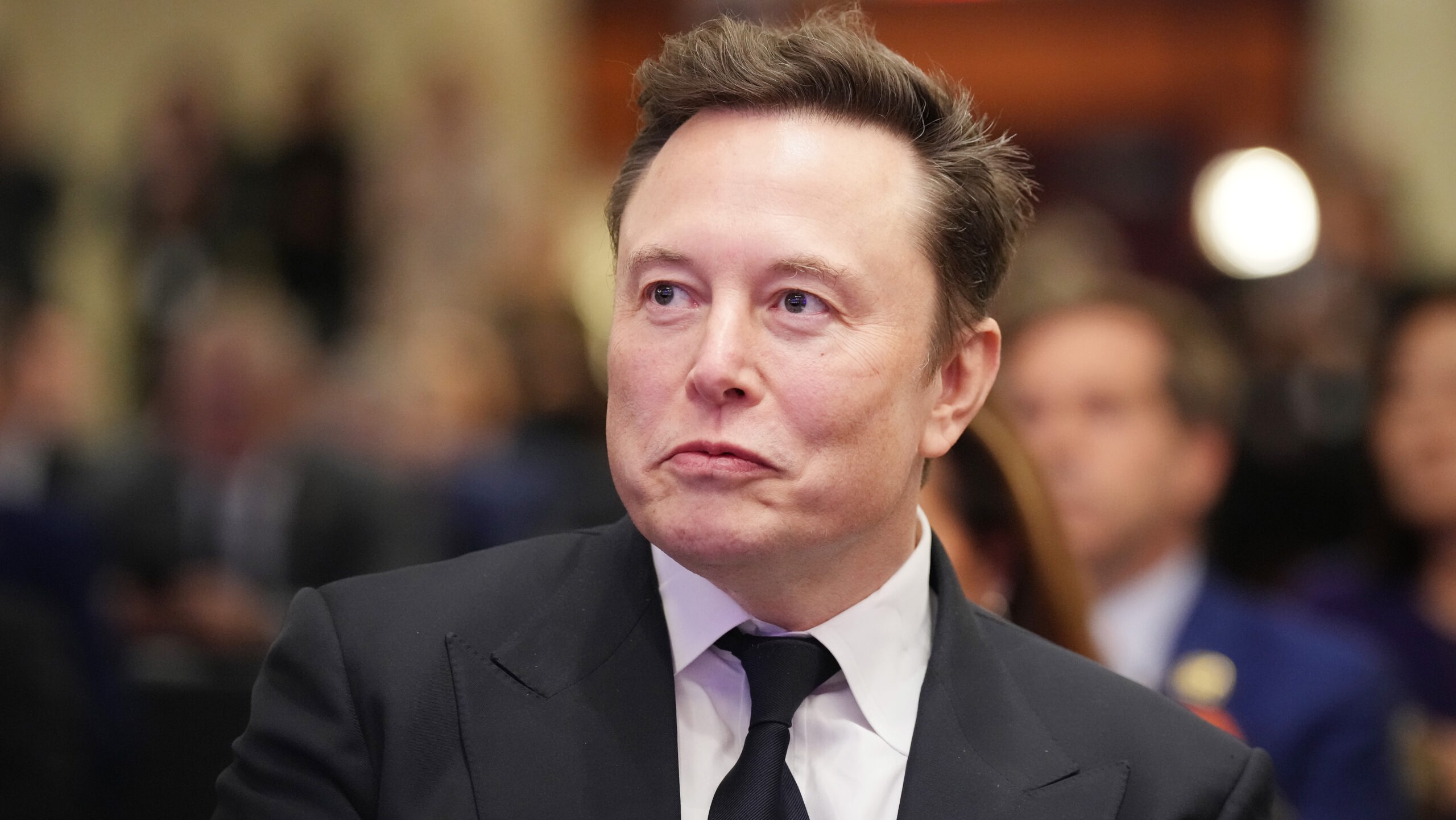The outgoing Biden administration has made a point of prioritising chip manufacturing over its four year run, while also enforcing tough sanctions on China in order to slow down its chip making progress.
With only a few weeks until the incoming Trump administration takes over, US commerce secretary Gina Raimondo has given an interview (via The Wall Street Journal) in which she discusses her belief that export controls matter far less than infrastructure investment in the global race for chip domination.
Raimondo refers to holding back China by the use of sanctions as “a fool’s errand”, and that the CHIPS act, in which the US government poured billions of dollars of investment into US semiconductor manufacturing, “matters more than export controls.”
“The only way to beat China is to stay ahead of them”, she said. “We have to run faster, out innovate them. That’s the way to win.”
Despite Raimondo’s beliefs, the Biden administration has continued to enforce tough trade restrictions on China throughout its time in office, including a ban on US semiconductor equipment suppliers from exporting to China, and the prohibition of the sale of advanced, high performance chips to the country, citing national security reasons.
In the meantime, the CHIPS act has been pouring billions of dollars of federal funding into companies like Samsung, Intel and TSMC in order to woo chipmakers into building fabs on US soil.
Whether the CHIPS act continues under the Trump administration is a question mark for now, although president-elect Trump is not believed to be a fan.
Despite the bill initially receiving bipartisan support, Trump was quoted in October as saying “that chip deal is so bad”, and has plans of his own to enact huge tariffs on multiple countries, including China—citing the country’s perceived failure to crack down on fentanyl smuggling as the reason for an extra 10% tariff on top of a planned 25% tariff on incoming goods.
Kush Desai, a spokesperson for the Trump transition, said that the incoming administration’s plans include “enacting tariffs, cutting taxes, slashing regulations, and unleashing American energy.” In regards to foreign chips, Trump was quoted as saying that the CHIPS act had provided “billions of dollars for rich companies” and that his plan would be to “tariff it so high that they will come and build their chip companies for nothing.”
So, given that Raimondo has played a role as a key part of the outgoing administrations international economic policy, it’s perhaps no surprise that she’s throwing out cautionary rhetoric given Trump’s recent comments. The inauguration of Donald Trump as the 47th president of the United States is scheduled to take place on January 20, 2025, and by the sounds of it we won’t be seeing the ongoing trade disputes between US and China soften once his administration takes charge, although they may take a different form.
What this means for chip manufacturing in the US moving forwards, and the global flow of chips in general, is unclear. While Trump has not yet stated whether he will abolish the CHIPS act entirely, that hasn’t stopped companies from rushing to finalise agreements in case of a sharp turnaround when the new government comes into power next January.

Best CPU for gaming: Top chips from Intel and AMD.
Best gaming motherboard: The right boards.
Best graphics card: Your perfect pixel-pusher awaits.
Best SSD for gaming: Get into the game first.










